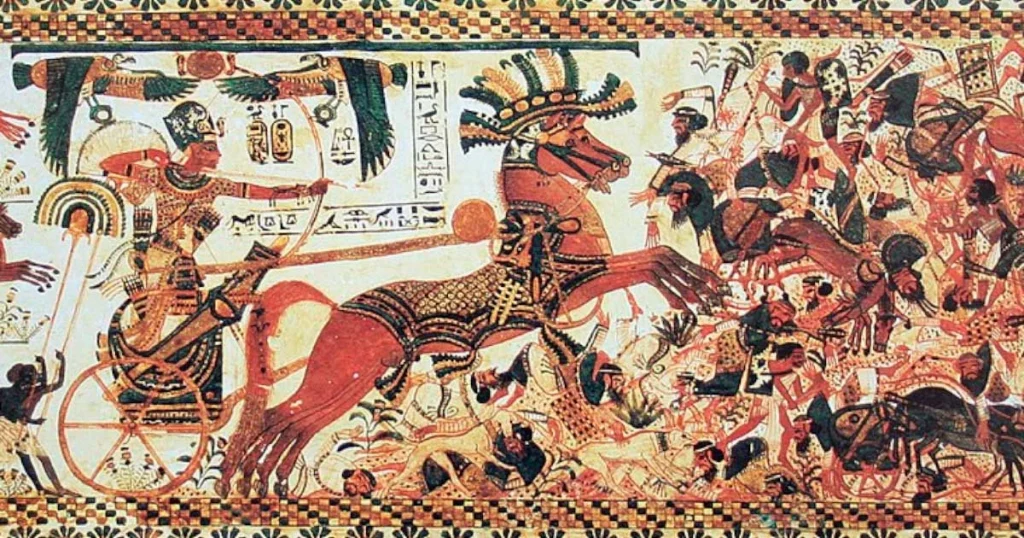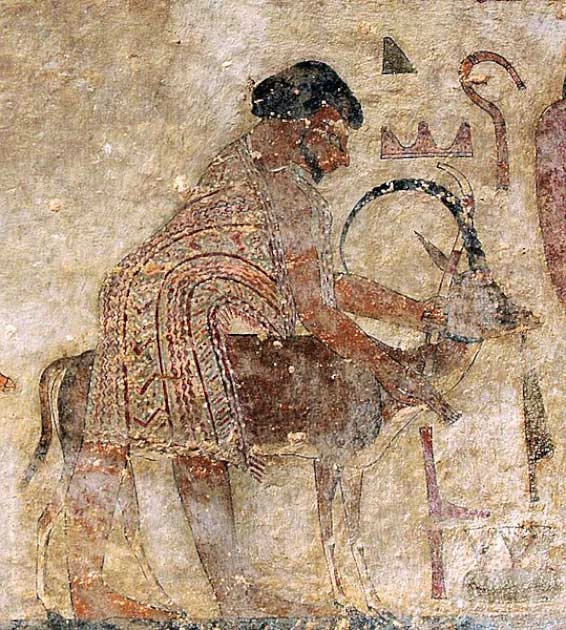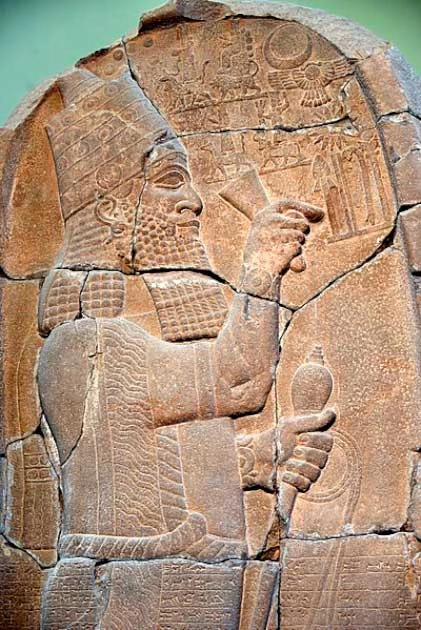Of all the ancient civilizations, Egypt is at the top and shoulders above the rest. No other civilization has lasted so long, no other civilization has had such a rich and varied history, and no other civilization has left so many magnificent monuments and monuments.

The history of ancient Egypt spans almost four millennia:
The Catholic Church may have twice risen from nothing to the present day when the Nile was ruled by pharaohs. But viewing Egypt’s history as a continuum of pharaohs and pyramid builders is a misunderstanding of the history of this ancient kingdom.
The history of Egypt is really five stories:
The three stable periods of a unified Egypt, separated by two turbulent periods known as the “intermediate” period, are rather disappointing. Egypt is not impregnable either:
The lands of the Nile are regularly invaded and ruled by foreigners, and its 4,000-year history has been eventful.
Who are these invaders? Here is a brief history of the enemies Egypt has faced throughout its long history.
1. The Hyksos
By the time the Hyksos arrived in north Africa Egypt was already 2,000 years old. We know that the Hyksos kings ruled Egypt during the 15th dynasty, in the middle of the Second Intermediate Period of infighting and civil war. But almost everything else about them is mysterious.
Manetho, a Greek historian writing 1,200 years later, portrays them as foreign invaders who conquered Egypt and ruled from their new capital of Avaris, and tantalizingly suggests they may have had a semitic origin. It appears that they came from the east, and took advantage of the dynastic turmoil to carve out their own Egyptian kingdom in lower (northern) Egypt.

It would take the unifying force of Upper (southern) Egypt under Ahmose I to drive the Hyksos out of the Nile delta. Ahmose emerged as the victor of the Second Intermediate Period, conquering all of Egypt and bringing a period of stability to the region known as the New Kingdom.
2. The Libyans
The Berbers of Libya are a truly ancient culture, having lived in north Africa for thousands of years before even the first Egyptians came to form their kingdom. Originally from the Iron Age, the shifting climate of Africa over the millennia saw them become migratory and eventually partially nomadic.
Composed of a loose knit collection of tribes, the Libyans would come to hold a special place in the Egyptian psyche as the invaders from the land of the dead. Egypt was entirely dependent on the Nile to survive for all of her long history, and the Egyptians divided the land in their world view into the black (life, giving fertile soil of the Nile) and the red (the desert, a place of death).
The Libyans would attack out of the desert, seemingly able to conquer death. But for all their long history in conflict with the successive Egyptian kingdoms, they would never conquer Egypt, and sadly a lack of written records mean that much of the history of these people is lost.
3. Nubians
The Egyptians did not always have the Nile to themselves, either. To the south in Upper Egypt were the Nubians, dark-skinned kings of the higher reaches of the mighty river in what is now Sudan.
The Nubians were not always the enemies of Egypt either. The navigable Nile turned them into trading partners, bringing precious metals and other riches out of the heart of east Africa to the Mediterranean.
They remained culturally and ethnically distinct from the Egyptians, however, and were at their strongest when Egypt was in turmoil. They even conquered Egypt herself at one point, ruling as the 25th dynasty which united all of Egypt and Nubia from 744 to 656 BC.
4. Assyrians
The Assyrian heartland was at a great distance from Egypt in far-off Mesopotamia. However what is known as the Neo-Assyrian empire, which rose in 911 BC, would sweep across the Middle East and north Africa and conquer the Egyptian kingdom.

It was the Assyrian king Esarhaddon who conquered Egypt in the early 7th century BC, and for the first time Egypt was truly a vassal of another empire. However the Assyrian empire would not last.
In the late 7th century a violent and widespread uprising by the Babylonians (another Assyrian conquest) along with a full-scale invasion by neighbors of the Assyrians known as the Medes saw the Assyrian empire swiftly toppled. As the empire broke apart Egypt saw an opportunity to claim her sovereignty once again, however dynastic infighting and opportunism prevented her from ever fully realizing this dream again.
5. Achaemenid Persians
All these Egyptian dreams of a return to the glory days were firmly silenced in 525 BC with the Achaemenid conquest of Egypt. The conquerors installed their own preferred kings, the 27th dynasty, known as the “First Satrapy of Egypt” and Egypt became a province of the Achaemenid Empire.
Cambyses II, the Persian conqueror of Egypt, became the first pharaoh of this new dynasty and his choice to honor the Egyptian customs in his title was a wise one: Egypt saw her pharaohs as vessels for the gods, and Cambyses was positioning himself as divinely ordained.
The Acaaemenid empire was herself less than three decades old at this point, and would grow to be the largest empire that had ever been seen. Based in western Asia, she would conquer and rule Egypt twice in the 6th and 4th centuries BC, before her own fall in 330 BC to Alexander the Great.
6. Macedonians
By this point in Egypt’s history her status as a leading power was fading fast, if not already dead. Alexander did not even have to conquer Egypt herself to win her as a trophy, only her masters the Persians.
Egypt was now a second-rate power, a province to be traded and abused by whoever the pre-eminent power was in the region. In the late 4th century BC Alexander was triumphant everywhere and Egypt enjoyed a period of relative peace, if not true prosperity.
Alexander’s most famous Egyptian legacy is undoubtedly the Egyptian city he founded in his name. Alexandria was a boom town, a Mediterranean trade hub and famous for her great library, said to be the finest repository of literary works the ancient world had ever seen.
7. Romans
Finally came the Romans, and here a touch of romance enters the narrative. For the Roman story is dominated by one of history’s great women: Cleopatra.

Lover of Julius Caesar (although she was unable to save the library from being burnt accidentally through a moment of Roman pragmatism) and later of Mark Antony, Cleopatra can justifiably be argued to have altered the course of human history. But for her, Rome may have seen Octavian become Augustus Caesar and Antony defeated.
In truth though, Cleopatra ruled a kingdom that was a shadow of her former glory. Egypt by this point was largely a memory, an impossibly ancient culture but a dying civilization.
Top Image: Egyptian reliefs are filled with conquering kings, such as Tutankhamun here, but in truth Egypt was beset by invaders for much of her long history. Source: Le Musée absolu, Phaidon / Public Domain.






